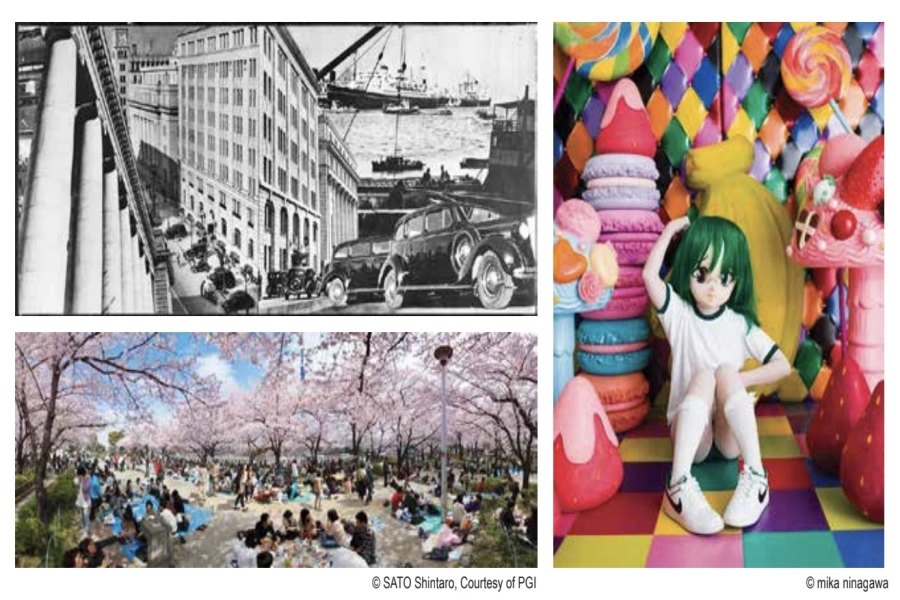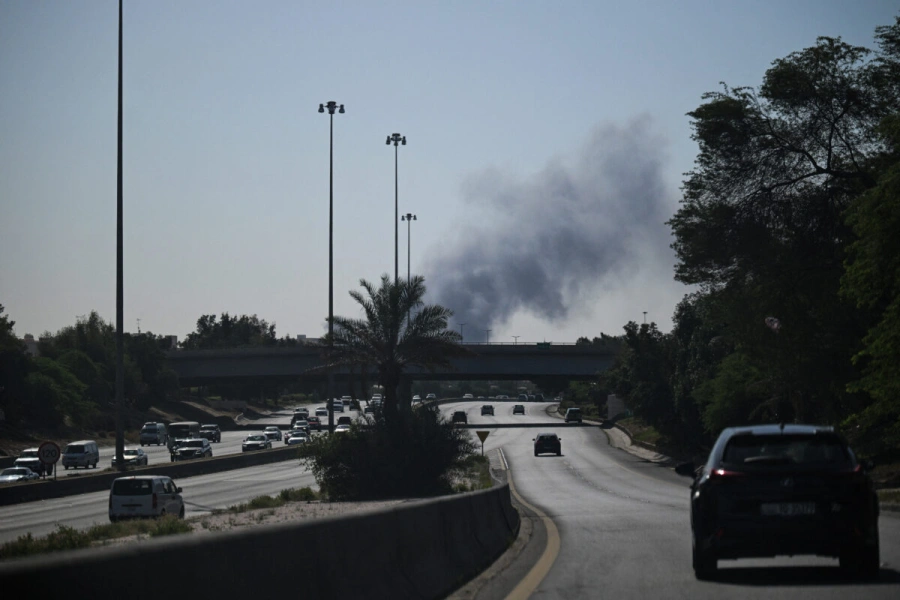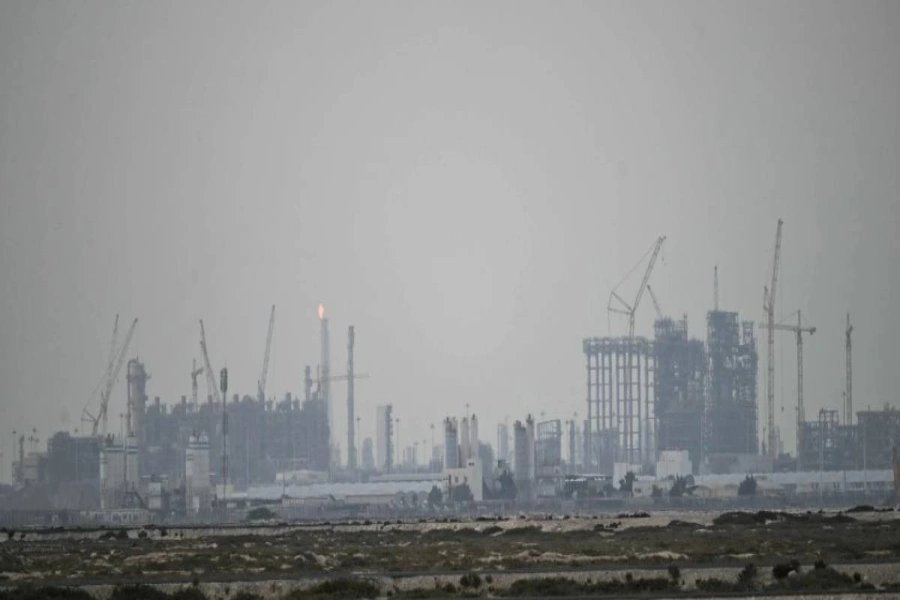WTO's response to post-COVID-19 recovery, trade and food security takes center stage at MC12
GENEVA (SWITZERLAND), June 14: Members of the World Trade Center (WTO) are involved in intense discussions and negotiations to get closer to meaningful outcomes as WTO's response to the post-COVID-19 recovery, trade and food security takes center stage at the ongoing 12th Ministerial Conference (MC12) of the global trade regulatory body.
Trade ministers from 164 WTO member states are participating in dedicated thematic sessions on these issues after the 12th Ministerial Conference officially began on Sunday. On the second day of the Conference, ministers participated in dedicated thematic sessions on the WTO response to COVID-19, including the IP response to the pandemic, and trade and food security. Members agreed that agreements are within reach and expressed their commitment to make one final effort to bridge the remaining gaps.
Minister for Industry, Commerce, and Supplies Dilendra Prasad Badu is taking part in the Ministerial Conference. He is accompanied by Secretary at the Ministry of Industry, Commerce and Supplies (MoICS) Ganesh Prasad Pandeya, Nepal’s Permanent Representative to the United Nations and the World Trade Organization (WTO) and other International Organizations in Geneva Mani Bhattarai and other senior officials from the MoICS.
WTO Ministerial Conference extended by a day to facilitate bett...

The thematic sessions were followed at the end of the day by a meeting of Heads of Delegations, where the WTO Director-General Ngozi Okonjo-Iweala said she is hopeful that members “will be gaveling agreements as quickly as possible to close on those areas where we have been able to converge and find landing zones”.
Director General Okonjo-Iweala noted that the thematic sessions “provided a glimpse of where we could be a day from now or two days from now.” “I am still very hopeful that we're going to be able to deliver. So let us keep working, let us keep talking to each other, let us keep consulting and showing the flexibility which I have seen,” she said.
On Sunday, over 100 delegations discussed the challenges facing the multilateral trading system and ways to strengthen the WTO. US Trade Representative Catherine Tai told journalists that they are working with a growing number of countries and partner organizations to remove barriers to trade and public health goods by digitizing procurement and increasing collaboration between border and other government agencies to mitigate delays in regular trade and facilitate faster clearances for donations.
"Given the current challenges that we face, as our citizens are particularly vulnerable from the cumulative effects of the pandemic and other global supply disruptions, the global trading system needs to be centered on building and supporting resilience in our respective economies. This is our common purpose," she said. "We hear the LDC perspective, that trade and development should be mutually supporting, create viable market access opportunities, and supports the journey to resilience, including with demand driven and focused development systems."
On the WTO response to the pandemic, WTO Director General Okonjo-Iweala noted the broad convergence on the Draft Ministerial Declaration on the WTO response to the COVID-19 pandemic and preparedness for future pandemics and on the need to resolve the five outstanding brackets, indicating areas still under discussion, in the TRIPS waiver decision. “This is progressing relatively well,” she told journalists.
On food security, Director General Okonjo-Iweala said that there was widespread support for the Draft Ministerial Declaration on Trade and Food Security-- “almost a convergence although there are some members whose needs have to be addressed”.
“We heard delegation after delegation take the floor and dust off compromises, acknowledging that they had not received everything they hoped for, but recognizing that the tasks on the table represented a positive advance for their national interests and for the wider membership,” she added.
The MC-12 is co-hosted by Kazakhstan and chaired by Timur Suleimenov, Deputy Chief of Staff of Kazakhstan's President. Kazakhstan was originally scheduled to host MC12 in June 2020 but the conference was postponed due to the COVID-19 pandemic.
Suleimenov said that listening to members over the past two days reaffirmed his belief that “credible MC12 outcomes are within our reach.” He also commended all delegations and negotiators for their flexibility and self-restraint in conducting discussions and expressed his optimism about the progress of the ministerial gathering. “I think there is a general sense that we can actually achieve in MC12 and that it is even closer than we thought in the beginning of the Conference,” he added.
The WTO member states are expected to arrive at consensus on issues such as Trade-Related Aspects of Intellectual Property Rights) waiver for COVID-19 vaccines, pandemic response, fishery subsidies, agriculture, food security, as well as the WTO's reform and its future work priorities during the 12th Ministerial Conference. The four-day Conference will conclude on Thursday.







































